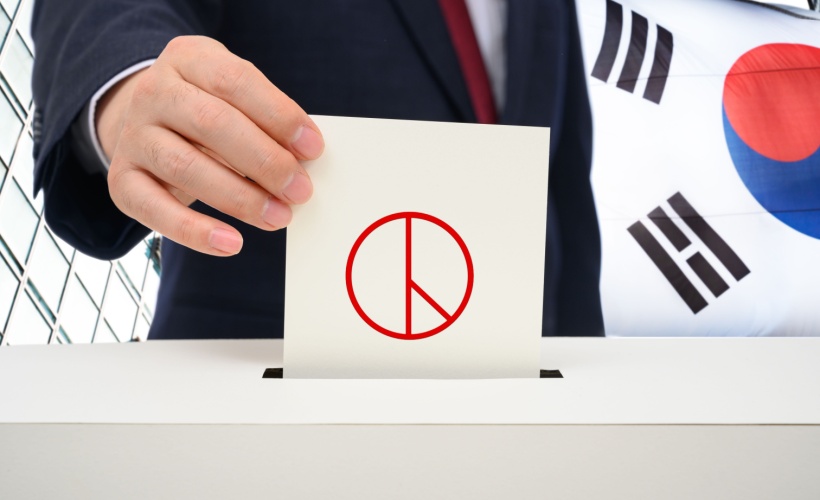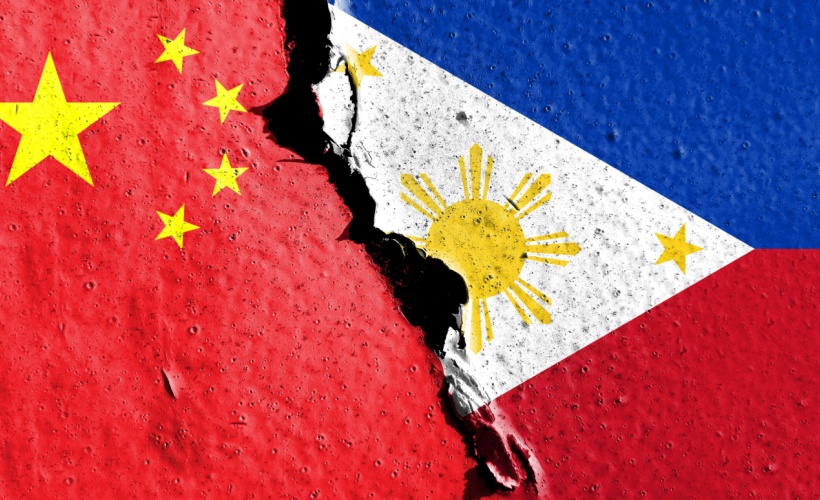By Connor O’Brien, Research Assistant
On 31 January, the Centre for Geopolitics invited Dr Michael Gow, who lectures in Business and Management at Edge Hill University Business School, to give a talk on ‘Corporate Socialist Responsibility: business ethics in Xi Jinping’s new era’. Dr Gow’s presentation was followed by a discussion with Deputy Director of the Centre for Geopolitics Professor William Hurst, as well as an audience QnA.
Corporate Social Responsibility: The Conventional Wisdom
The purpose of Dr Gow’s presentation constituted exploring the distinctive features of corporate social responsibility (CSR) in the contemporary Chinese context, and the potential challenges arising from what he terms an emergent “corporate state apparatus”. Thus, Dr Gow began by summarising the ‘conventional wisdom’ regarding corporate social responsibility. According to Dr Gow, this wisdom is defined by two distinct theories: Friedman’s stockholder theory, whereby corporations benefit society because they are profitable, and Freeman’s stakeholder theory, according to which corporations should aim to contribute to society in a way which rewards all stakeholders. Recent controversies in the technology and biomedicine sectors have triggered new rounds of debate about the role of corporations in developed capitalist democracies. However, Dr Gow emphasised that in China, this is not the debate. Rather, the focus is on whether companies contribute to national development goals.
China’s Corporate State Apparatus
To theorise the distinctiveness of corporate social(ist) responsibility in China, Dr Gow first periodised the history of the Chinese Communist Party into four eras: China in Revolution 1921-49; China under Mao 1949-76; Deng’s Opening and Reform 1978-2012; and Xi’s New Era 2012-present. Focusing on Xi’s New Era, Dr Gow consequently elaborated three arenas of state-citizenship relations: the repressive state apparatus, including the People’s Court and the Public Security Bureau; the ideological state apparatus, including schools and state media; and finally, the corporate state apparatus, including corporations and cultural industries. Dr Gow argued that the corporate state apparatus provides opportunities for performative citizenship. For example, at football events, the environment is regimented and sanitised, with players being expected to cover their tattoos. Dr Gow also analysed red tourism, which involves Chinese citizens travelling to important historical sites, as a means through which to perform citizenship. Finally, Dr Gow examined the evolution of corporate advertising in China, which he argued has become increasingly similar to state propaganda. As a result, Dr Gow suggests that corporate advertising may be more effective at communicating the CCP’s social messages.
Conclusion
To conclude, Dr Gow reiterated the importance of consumption as a way for individual citizens to perform their citizenship. The post-presentation discussion covered a range of topics, from the distinctions between consumerism and corporate social responsibility and personal experiences of red tourism to the rise of football and its relationship to the Chinese infrastructure boom.







